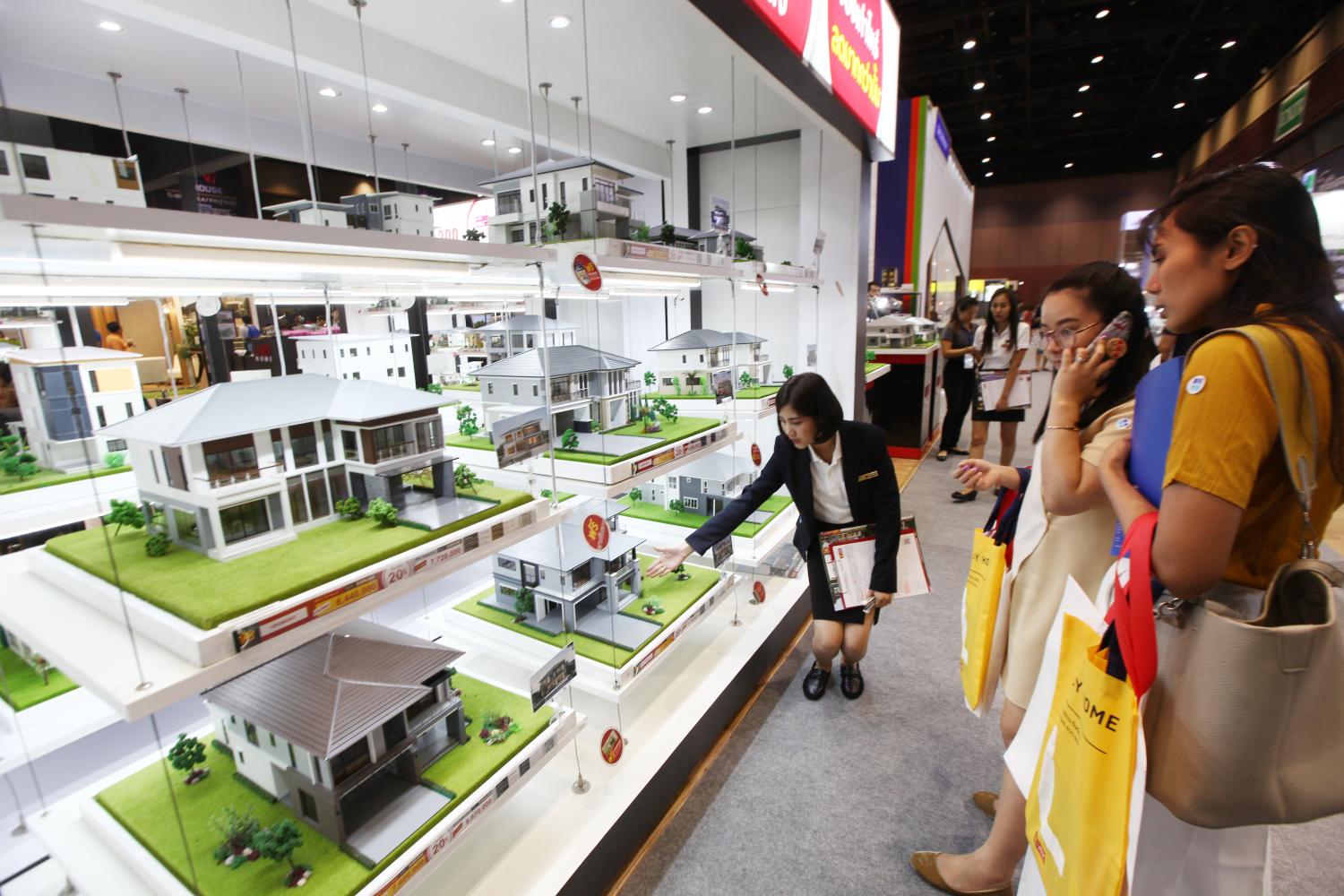
Despite a forecast of 25% growth in residential transfers this year, reaching the level attained in 2019 might take until 2024 because of the rising rate of inflation, according to the Real Estate Information Center (REIC).
Vichai Viratkapan, the acting director-general of REIC, said higher inflation would cause a delay in the economic recovery and eventually affect employment and home purchasing power.
"We predicted in November last year the residential market would return to pre-pandemic levels in 2023, but we adjusted that timeline to 2024 after inflation soared higher than expected," he said.
According to REIC, the five-year average for the number of residential transfers nationwide during 2015-19 stood at 360,932 units per year. In 2020-21, it shrank to 312,120 units a year.
The annual figure saw a significant drop in 2020 with a decrease of 8.5% from 391,964 units in 2019 to 358,747 units, before plunging 21.6% to 265,493 units last year.
REIC predicted transfers would increase by 25% to 332,192 units in 2022.
"Positive factors this year include the property tax incentives, which now cover second-hand homes. They can stimulate existing homeowners to buy new houses and low-income earners to buy second-hand homes thanks to lower expenses," said Mr Vichai.
The property tax incentives include a cut in transfer and mortgage fees to 0.01% from 2% and 1%, respectively, for homes valued at 3 million baht or less. The incentives run until the end of 2022.
He said other positive factors include an easing of loan-to-value limits, which can stimulate both homebuyers and those purchasing homes for investment, higher liquidity for financial institutions, an economic recovery and attractive campaigns from developers.
However, challenging factors comprise several projected interest rate hikes by developed economy central banks this year, the latest coronavirus variant, high household debt of up to 90% of GDP, and a slow recovery for employment and the tourism sector, said Mr Vichai.
"The pandemic had a strong impact on low-income earners and those in the manufacturing and tourism sectors," he said. "Many of them are unable to obtain a mortgage approval."
During 2018-20, the largest portion of residential units transferred nationwide were units priced less than 1 million baht. Last year, the largest portion were priced between 2-3 million baht a unit.
On the supply side, REIC forecasts growth of 28% in the number of land allocation permits nationwide to 85,538 units this year, below the 103,286 units recorded in 2019.
The 66,836 units recorded in 2021 represented the lowest number since 2007. Only 50,109 units were recorded in 2006 when a coup took place in the country.
REIC expects the number of new residential units launched in Greater Bangkok this year to rise to 81,226 units worth 389 billion baht, up from 46,602 units worth 191 billion in 2021. The tally last year was the lowest level recorded in over a decade.
The five-year average prior to the pandemic was 100,100 units worth 445 billion baht per year, while the average for 2020-21 was 56,400 units worth 263 billion a year.